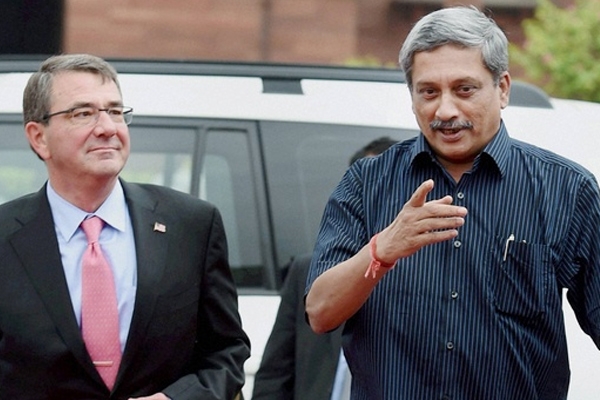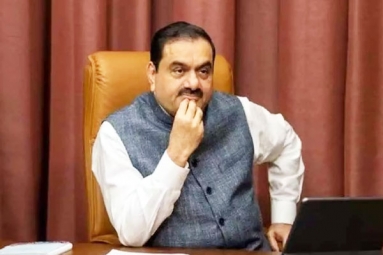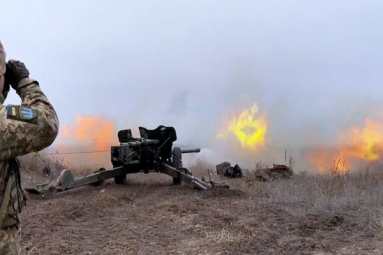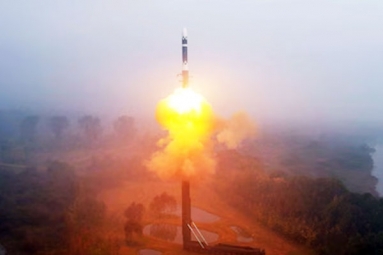
To a step toward building defense ties, the United States and India signed an 'Logistics Exchange Memorandum of Agreement' (LEMOA), governing the use of each other's land, air and naval bases for repair and resupply.
Indian defense minister Manohar Parrikar and US defence secretary Ashton Carter welcomed the bilateral LEMOA and said that, the pact will facilitate opportunities for "practical engagement and exchange".
A joint statement after the pact was signed said that, "They agreed on the importance (that) this framework will provide to facilitate innovative and advanced opportunities in defense technology and trade cooperation. To this end, the US has agreed to elevate defense trade and technology sharing with India to a level commensurate with its closest allies and partners."
The statement said that, the defense ties between the two countries is based on their "shared values and interests," and their "abiding commitment to global peace and security."
The agreement is nonetheless a milestone in the US-India defence relationship because of the outsized political importance it had taken on in India, where it had touched on domestic sensitivities, experts said. The US defense secretary Ash Carter said that, the signing of the agreement will "make the logistics of joint operations so much easier and so much more efficient."
Schwartz, now with the US-India Business Council, said that, "For years, there has been tremendous misinformation put out into the Indian press about these agreements."
"What the signing of this shows is that the Modi government is willing to take and suffer the short-term political criticism of signing these things for the longer-term benefit of building the defence relationship with the United States."
Shane Mason, a research associate at the Stimson Center, said that, "From the US perspective this was kind of a low hanging fruit," Mason said. "We have logistic support agreements with many, many other countries and in most cases it's a relatively uncontroversial thing."
"India and the United States have a shared interest in freedom of navigation and overflight and unimpeded commerce as part of rule-based order in (the) Indo-Pacific," Parrikar said.
Also Read: US Postal Service to issue Diwali 'forever' stamp
Nandini







